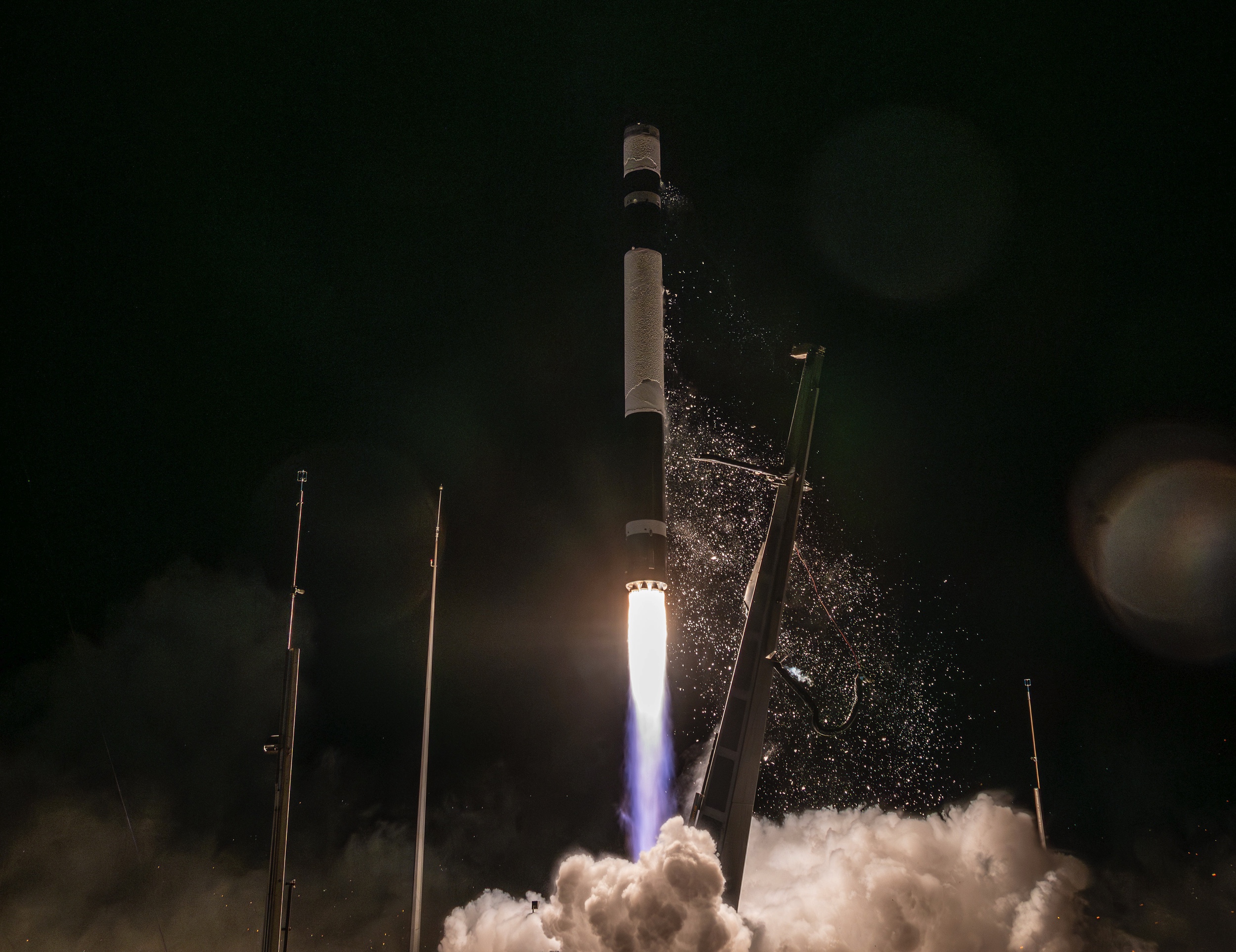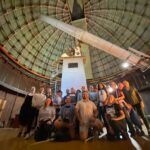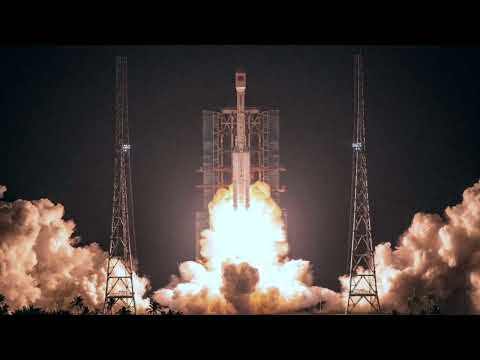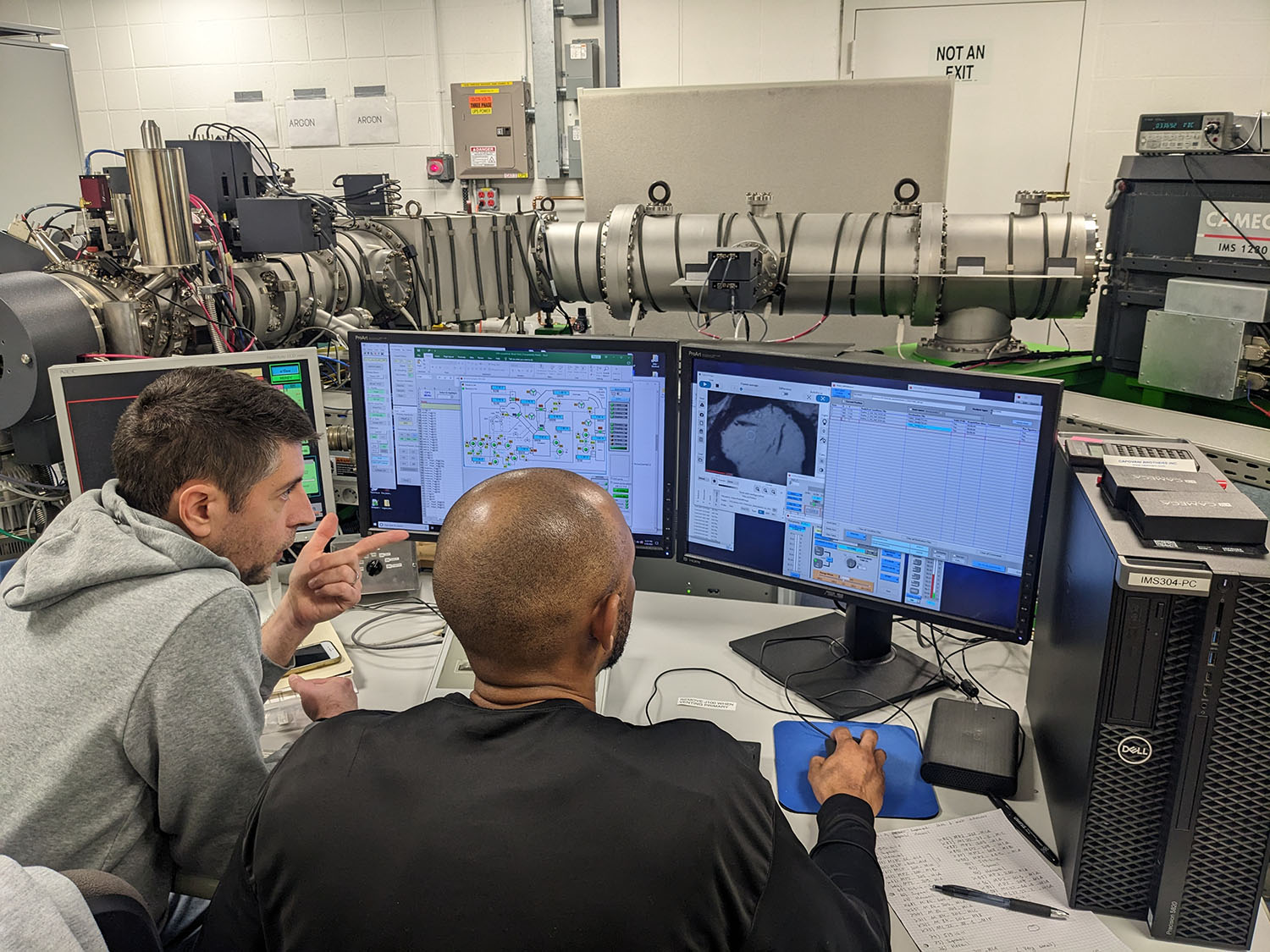Now Reading: JAXA to launch tech demo satellites on Electron rockets
-
01
JAXA to launch tech demo satellites on Electron rockets
JAXA to launch tech demo satellites on Electron rockets


WASHINGTON — The Japanese space agency JAXA has selected Rocket Lab to launch a set of technology demonstration satellites on Electron rockets after continued delays with a Japanese launch vehicle.
Rocket Lab announced Oct. 10 that it signed a contract with JAXA for two dedicated Electron launches, one late this year and the other early next year, both from New Zealand. Terms of the contract were not disclosed.
The first launch, scheduled for December, will carry the Rapid Innovative Payload Demonstration Satellite 4, or RAISE-4, a 110-kilogram spacecraft designed to test eight advanced technologies developed by Japanese companies and organizations. The second, scheduled for early 2026, will carry eight cubesats that will also test advanced technologies.
“These missions are a demonstration of Electron’s global importance — supporting the growth of Japan’s space industry with launch on a U.S. rocket from a New Zealand launch site — and we’re proud to be entrusted to deliver them,” Peter Beck, Rocket Lab’s chief executive, said in a statement.
Japan has become one of Rocket Lab’s biggest markets for Electron. Astroscale used an Electron to launch its ADRAS-J spacecraft last year to inspect an abandoned upper stage in low Earth orbit. Two Japanese companies developing constellations of radar imaging satellites, iQPS and Synspective, have also become regular customers of Electron. Synspective, which signed a contract for 10 additional Electron launches Sept. 30, is the single biggest customer of Electron with a backlog of 21 launches.
The JAXA contract, however, reflects ongoing issues with domestic small launch vehicles. RAISE-4 and the eight CubeSats, collectively known as Innovative Satellite Technology Demonstration-4, were originally planned to launch together on a single Epsilon-S rocket. The Epsilon, though, has been grounded since a launch failure three years ago carrying the Innovative Satellite Technology Demonstration-3 mission.
The Epsilon program has also suffered failures of upgraded solid-rocket motors in two static-fire tests in July 2023 and November 2024, putting future launch plans on hold. In slides accompanying an Oct. 10 JAXA briefing on Innovative Satellite Technology Demonstration-4, the agency acknowledged that issues with the Epsilon prompted it to move the satellites to Electron.
“In rocket development, encountering technical challenges is not uncommon, and now we are investigating the root cause and implementing countermeasures,” said Kazuhiro Yagi, director general manager of the space transportation business development department at IHI Aerospace, prime contractor for the Epsilon, during a panel at World Space Business Week on Sept. 17.
He said the company could not share technical details about the issue and did not disclose a schedule for returning the vehicle to flight. “I can assure you that safety and reliability remain our top priorities.”
While other small launch vehicles are in development by Japanese companies, none has yet reached orbit. Kairos, a small launch vehicle by Space One, has launched twice but malfunctioned both times, most recently last December. The company has not announced a date for the vehicle’s next launch.
Interstellar Technologies, another Japanese company, is developing the Zero rocket and announced in July it raised $62 million to support its development. A first launch of Zero was once planned for 2025, but the company now says that launch will take place no earlier than 2027.
Stay Informed With the Latest & Most Important News
-
 01From Polymerization-Enabled Folding and Assembly to Chemical Evolution: Key Processes for Emergence of Functional Polymers in the Origin of Life
01From Polymerization-Enabled Folding and Assembly to Chemical Evolution: Key Processes for Emergence of Functional Polymers in the Origin of Life -
 02Panasonic Leica Summilux DG 15mm f/1.7 ASPH review
02Panasonic Leica Summilux DG 15mm f/1.7 ASPH review -
 03Two Black Holes Observed Circling Each Other for the First Time
03Two Black Holes Observed Circling Each Other for the First Time -
 04How New NASA, India Earth Satellite NISAR Will See Earth
04How New NASA, India Earth Satellite NISAR Will See Earth -
 05And Thus Begins A New Year For Life On Earth
05And Thus Begins A New Year For Life On Earth -
 06Astronomy Activation Ambassadors: A New Era
06Astronomy Activation Ambassadors: A New Era -
07SpaceX launch surge helps set new global launch record in 2024

















